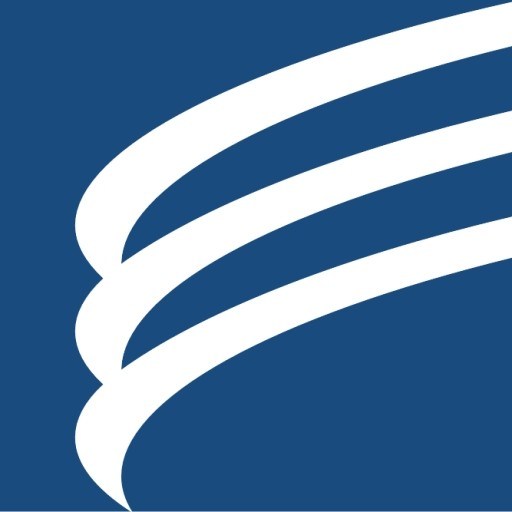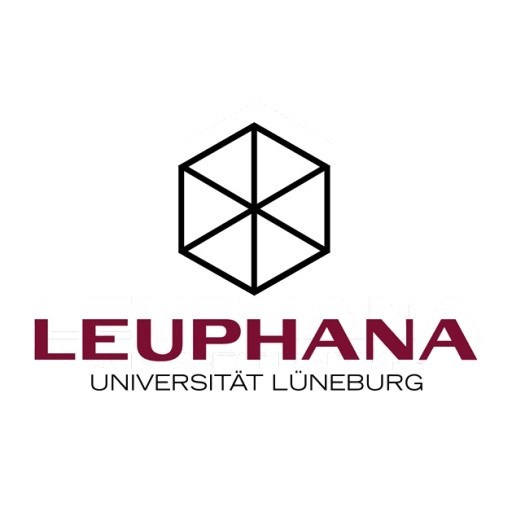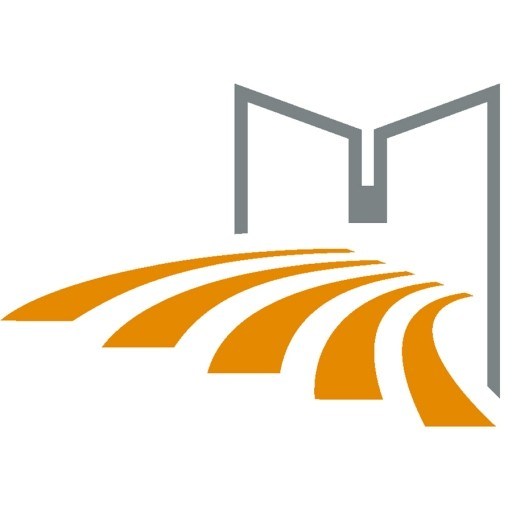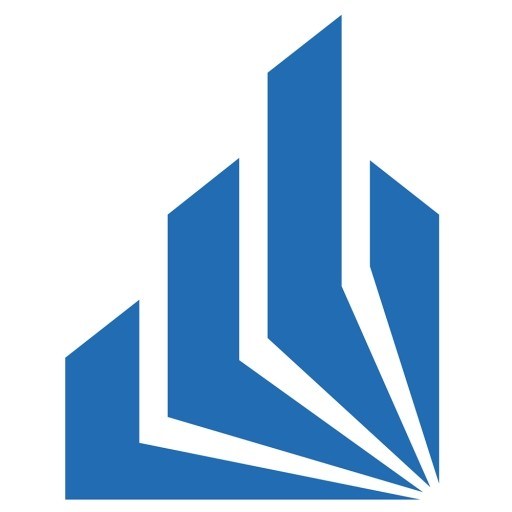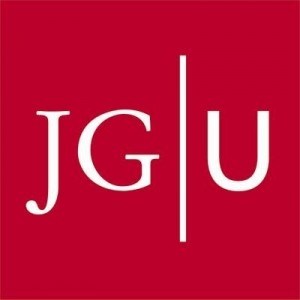The orientation of the programme is based on the international experience and reputation of the faculty and its strong research expertise in global economic problems, including development cooperation, public finance, international trade, monetary economics, international finance, and international taxation.
Educational organisation
In the first semester, the emphasis is on core courses in microeconomics, macroeconomics and econometrics. In the second and third semesters, students select courses from a set of applied courses and seminars. The fourth semester is dedicated to writing a Master's thesis.Study abroad unit(s)
Study abroad units are not compulsory. Students who are interested in a semester abroad are welcome to study abroad in the third semester. For more information, contact the International Office or visit the MIEEP website for news of the MIEEP partner universities.Course objectives
The learning goals of the programme are as follows:- ability to effectively structure and communicate economic content in both written and oral forms to audiences from academia, government, and business
- awareness and understanding of ethical standards, the consequences of decision-making in economics and business, and the importance of interpersonal and leadership skills
- advanced theoretical, methodological and empirical knowledge in international economics and economic policy
- ability to conduct policy and financial analyses and draft recommendations through the application of scientific methods
Language requirements
The programme is taught exclusively in English. Knowledge of German is not required for admission to, or completion of, the programme, but helpful for everyday life.Applicants whose native language is not English are required to submit Test of English as a Foreign Language (TOEFL) or International English Language Testing System (IELTS) scores, unless they have a degree from an English-speaking college or university. The minimum TOEFL score is 100 (iBT) or 600 (PBT). An IELTS score of 7.0 is considered comparable. The test score has to be submitted at the time of application. We cannot accept any other English certificates.
Academic requirements
The minimum prerequisite for admission is a Bachelor's degree. An undergraduate specialisation in economics or business is preferred, but candidates with strong analytical skills from related fields will also be considered.At the time of the application, the Graduate Record Examination (GRE) tests scores have to be submitted.
For further requirements and details regarding the application process see http://www.wiwi.uni-frankfurt.de/de/abteilungen/ei/mieep/application-and-admission/admission-and-requirements.html
Enrolment fees
Goethe University charges an administrative fee of approx. 360 EUR per semester (less than 730 EUR per year). This includes a ticket for public transport. The "magic ticket" entitles you to use buses, trams, and the underground in Frankfurt and the surrounding area. You can even use the regional trains to travel to various other cities in Hesse, e.g. Marburg or Giessen.Costs of living
The cost of living in Frankfurt depends on personal requirements and lifestyle. However, students should expect minimum expenses of approx. 940 EUR per month. This calculation is based on the following items: 800 EUR for rent, food, clothing, and study materials, around 81 EUR for compulsory but almost comprehensive health insurance, and approx. 59 EUR for the administrative fee (including free public transport).Job opportunities
In Frankfurt, 44,000 companies and organisations have approx. 464,000 employees on their payrolls. In addition, Frankfurt is the financial centre of Germany, with 350 banks, including the European Central Bank, 150 foreign banks, and the fourth-largest stock exchange in the world. Furthermore, Frankfurt is home to various cultural and research institutions. These are key players in a flourishing economy, offering students and graduates interesting jobs and internships. During your studies, there are plenty of job opportunities either at Goethe University itself (e.g. as a tutor or research assistant) or you may look for jobs and internships elsewhere in the greater Frankfurt area. Job opportunities are particularly interesting for students from abroad, e.g. at the airport and the trade fair. The "Studentenwerk" as well as the Career Services at Goethe University can help you to find a suitable offer. After you graduate, it is comparatively easy to find a job in the greater Frankfurt area, since it is one of the strongest employment regions in Germany. Furthermore, due to new laws, students from non-EU countries may also receive a work permit after graduation.Arrival support
Internationaler Studientreff (IST)This is a project for international and German students. Consultation hours, "get-togethers", international bar evenings, excursions in and around Frankfurt, and a buddy programme are included!
Check the website for more information:
http://www.uni-frankfurt.de/IST
Erasmus Student Network (ESN)
The ESN is also present in Frankfurt and helps international students to get accustomed to life in Frankfurt and Germany. They also organise several "get-together" events like parties, pub crawls, quiz nights, and more.
Check the website for more Information:
http://unifrankfurt.esngermany.org/
International "Stammtisch"
Each semester, an international "Stammtisch" (a regular group meeting, mostly at a bar or restaurant) will be offered to ERASMUS/DAAD/SOCRATES scholars and German students planning to go or returning from abroad. In a pleasant atmosphere, students can exchange experiences and tips on studying abroad, dealing with student life in Frankfurt, and making new friends.
Services and support for international students
The International Office of Goethe University offers a comprehensive range of advice and services on issues of visa/immigration, financing your studies, social life, and personal matters.See: http://www.uni-frankfurt.de/38294574?
At the International Study Center (ISZ) at Goethe University, ongoing German language support is available. ISZ offers several options to improve your language proficiency, such as a tandem project (language exchange, e.g. Spanish-German), German language courses (preparatory and continuous), and language training during your academic programme.
Check the website for more information:
http://www.uni-frankfurt.de/43662305
The student union ("AStA", http://asta-frankfurt.de/) provides advice and entertainment. Faith-based organisations offer opportunities for worship and intercultural exchange.
See: http://www.esg-frankfurt.de/
See: http://www.khg-frankfurt.de/
Accommodation
Frankfurt am Main offers a wide variety of accommodation, from university dorms to privately rented apartments. The biggest providers of dorms are the "Studentenwerk" (student services, http://www.studentenwerkfrankfurt.de) and churches.The 19 dormitories offer more than 1,700 different accommodation units starting from 120 EUR per month for a single room to up to 450 EUR for a family apartment of 45m².
For further information, see: http://www.studentenwerkfrankfurt.de/en/consulting-service/international-students/accommodation/.
We strongly recommend that students contact such organisations as soon as they receive their letter of acceptance to the programme, as these rooms are in high demand.




